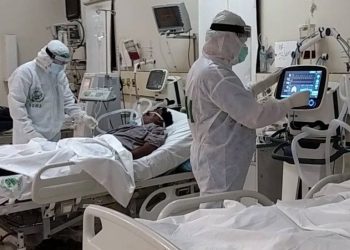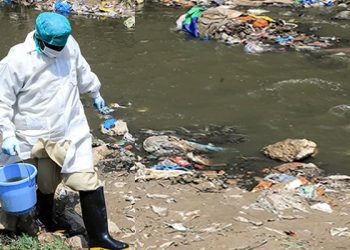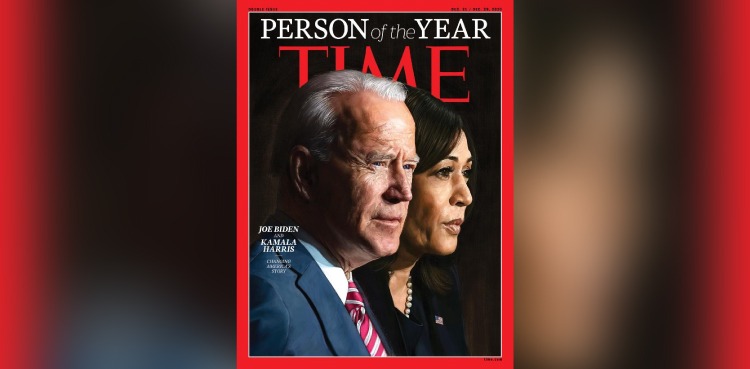Lahore and Faisalabad are facing a severe shortage of over 150 essential medicines, including life-saving drugs. This is causing great worry and stress for patients and citizens.
People are forced to look for other ways to get the medicines they need, including buying them on the black market for very high prices at various spots in the cities.
The shortage affects many types of medicines, including:
- Epilepsy medicines: People with epilepsy cannot get the medicines they need to control their seizures.
- Antibiotic injections: It is becoming harder to treat infections because there are not enough antibiotics available.
- Medicines for high blood pressure and heart disease: People with these chronic conditions are struggling to manage their health without proper medication.
- Medicines for surgery and allergies: Surgeries and treatment for seasonal allergies are being affected because there are not enough of the necessary medicines available.
- Medicines for diabetes, TB, asthma, and hepatitis: People with these diseases are having difficulty getting treatment.
- Cough syrups: It is harder to relieve the common cold and cough symptoms because there are not enough variety of cough syrups available.
- Eye and ear drops, wound ointments: People cannot get the eye and ear care or wound treatment they need because these products are not available.
- Blood disease injections: Patients with blood diseases cannot get the injections they need to stay healthy.
This situation is causing a lot of anxiety and frustration among the public. People are often forced to spend days searching for the medicines they need, visiting many different pharmacies, but they are unable to find them. This lack of access to necessary medication can have serious consequences for their health.
Citizens say they have been searching for medicines for days, but they are unavailable anywhere.
Pharmaceutical companies say that the high cost of raw materials is a major reason for the shortage. They argue that the current prices of drugs are not high enough to cover the costs of production, making it difficult to manufacture these essential medicines.
The primary healthcare minister has acknowledged the seriousness of the situation and said that the federal government is negotiating with pharmaceutical companies. However, no concrete solution has been announced yet, leaving patients and their families feeling uncertain and afraid.

















































